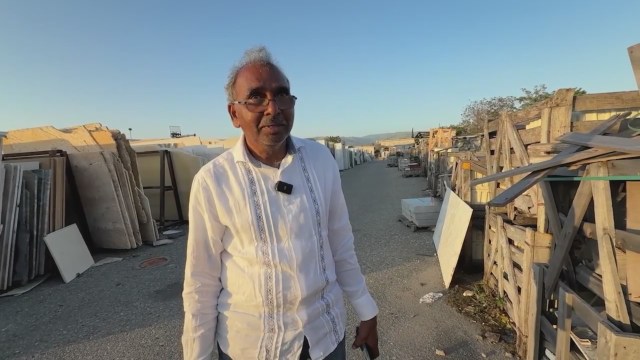BART's Expansion Fallout: Local San Jose Business Becomes Collateral Damage

Silicon Valley's Transportation Transformation: BART Extension Moves Forward
San Jose commuters have reason to celebrate as the highly anticipated BART extension connecting North San Jose and Santa Clara takes shape. While the new transit line promises improved mobility for thousands of daily travelers, local businesses are facing unexpected challenges during the construction process.
The massive infrastructure project, which has been years in the making, is now visibly progressing, bringing both excitement and complexity to the surrounding communities. Commuters can look forward to a more streamlined transportation experience, but the construction's impact on nearby businesses is creating a nuanced narrative of progress and adaptation.
As the BART extension continues to develop, stakeholders are closely monitoring its potential economic and transportation implications for the region. The project represents a significant milestone in Silicon Valley's ongoing efforts to enhance public transit and reduce traffic congestion.
Stay tuned for further updates on this transformative transportation initiative that promises to reshape how residents and workers navigate the San Jose metropolitan area.
